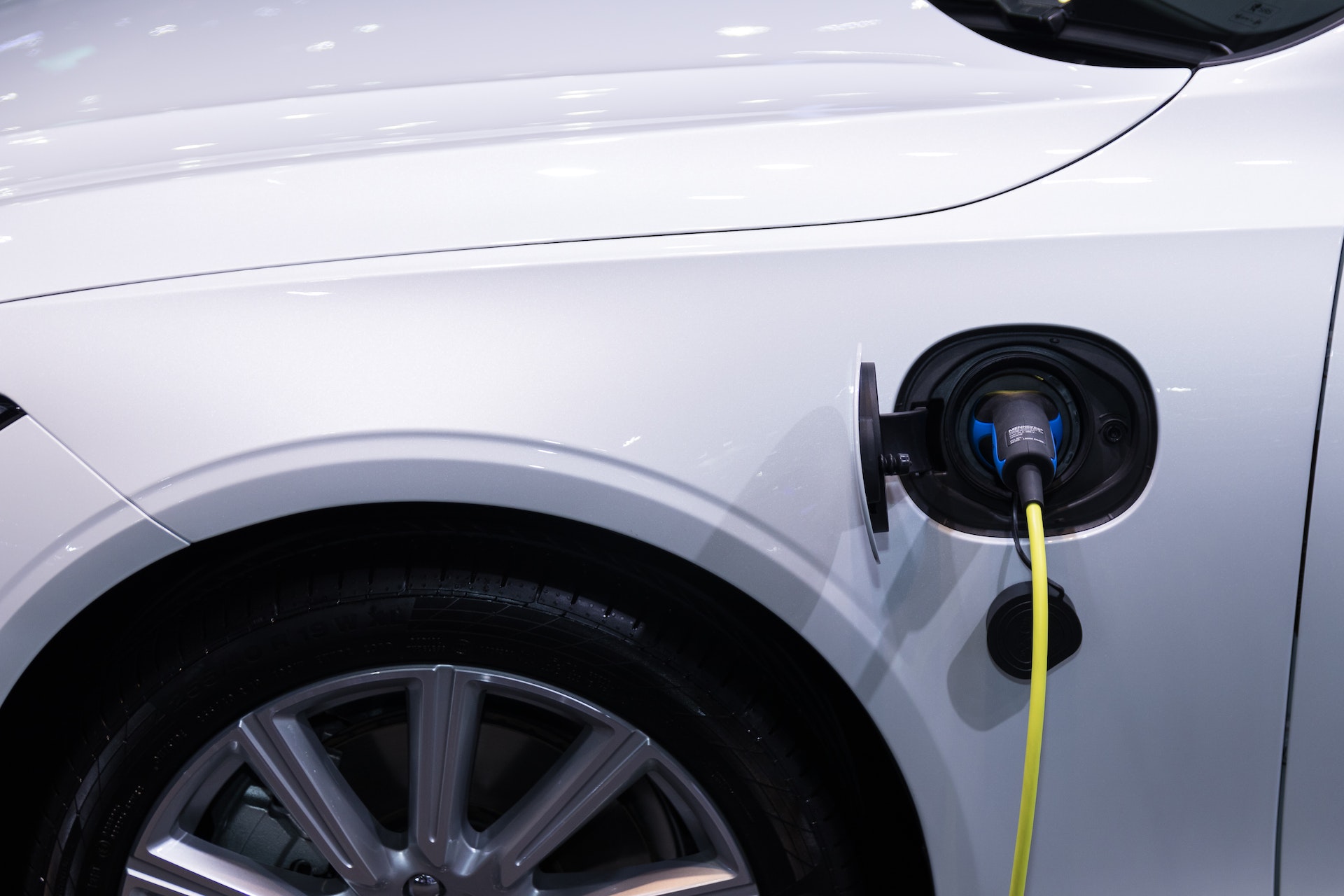Navigating the world of electric cars can be a minefield of confusion. From understanding their carbon footprint to gauging their safety standards, it’s easy to feel overwhelmed and unsure about whether they are the right choice for your next car.
There are undeniable advantages to driving electric, but there are also pressing questions: How much carbon emissions do they really save? Is manufacturing them environmentally intensive? And do they have the range needed for daily use? This article seeks to demystify these concerns, diving deep into each issue and offering insights that will help guide your electric vehicle decisions. Whether you’re contemplating an electric car lease or just seeking knowledge, we’ve got you covered.
Do Electric Cars Have a Carbon Footprint?
In terms of everyday tailpipe emissions, electric cars don’t have any carbon emissions. However, its carbon footprint encompasses its production, energy source and later-years part replacement, which does give it a carbon footprint.
Do Electric Cars Reduce Your Carbon Footprint?
According to the American Environmental Protection Agency (EPA), electric vehicles typically have a smaller carbon footprint than fossil-fuel cars, even when accounting for the electricity used for charging.
Though they have zero tailpipe emissions, this cannot be said of the process of generating the electricity necessary to power the car. Ultimately, this is dependent on what the local source of energy is – whether it’s clean, renewable energy or more polluting energy made by usual means. This is certainly something to be conscious of when planning where to charge your car. In 2021, the UK government reported that 19.4% of its energy came from low-carbon sources such as nuclear, wind and solar power, so there is a growing amount of renewable energy to use to power your journeys sustainably.
What is the Carbon Footprint of Manufacturing an Electric Car?
Many studies have been conducted on the carbon footprint of electric car production, and they indicate that manufacturing an EV creates more carbon pollution than making an equivalent petrol or diesel vehicle. The key reason for this is the emissions used to manufacture the lithium-ion EV battery specifically, and amounts to a 15% greater amount of carbon emissions during the production stage over internal combustion engine (ICE) vehicles according to the Union of Concerned Scientists in Cambridge, USA.
However, the results change significantly when assessing the emissions over a car’s lifespan. The Union of Concerned Scientists also found that when accounting for manufacturing and driving, electric cars produce around 50% less carbon emissions than an equivalent ICE vehicle over its lifetime.
New ways of furthering the reusability and recyclability of lithium-ion batteries are being explored as well. 5% of EV batteries are recycled today because of the lack of technology, but research is being put into reusing second-hand batteries for uses such as electricity storage, which could extend their lifespan and avoid disposing of them.
The increased upfront cost of electric cars is an off-putting factor when it comes to choosing to go all-electric. However, if you were to lease a brand new electric car, you would be able to use it for the best years of its life, and then it could go to a new home for a reduced price while you can search for another new car for only the cost of the value depreciation of the car over the lease length. It’s a win-win that makes electric cars more viable.
Do Electric Cars Have Enough Range for Convenient Daily Use?
When the Nissan Leaf first introduced the world to electric cars in 2011, the most it could travel on one charge was 109 miles, which didn’t exactly bowl people over. Today, most electric cars have a claimed mileage north of 300 miles, and some models such as the Mercedes EQS and Polestar 2 have the potential to travel over 400 miles on a single charge.
Are Electric Cars Safe to Drive?
Lithium-ion batteries have been cause for concern for their unpredictability compared to internal combustion engines. Since 2010, there have been 393 confirmed cases of battery fires in electric cars, which is still incredibly rare but no less worrying, understandably.
However, electric cars are held to the same safety standards as any ICE vehicles via the Driver Vehicle and Standards Agency, and thus they must pass that bar to be considered safe enough to drive on UK roads. Plus, with continual development into the technology, they have seen increased safety in recent years which will only improve in the future.
Electric cars will only continue to improve, and if you want to always be on the cusp of those improvements, an electric car lease from cars2buy is the ideal option. Leasing an electric car washes away much of the hassle of owning a car later on in its lifespan, as you only have to drive the car anywhere from one year to five years depending on which term length you opt for. cars2buy is the best way to lease a car without the huge lump sum and exhaustive maintenance of ownership.
Our transparent service collects the best EV lease offers from hundreds of trusted partners, forming a live-updating all-in-one aggregator that you can easily search, filter and compare with ease. Plus, you can enjoy our service at no extra cost to you. Browse our electric car leases online today and you could be driving in a zero-emission car sooner than you think.
